International Conference on Geographies of Migration and Mobility
The first dedicated conference on the geographies of migration and mobility launched in 2016 at the University of Loughborough. The opening call for papers clearly highlighted the need for such a conference, with the aim ‘to cultivate and share different disciplinary perspectives of migration and mobilities, and to firmly fix the spotlight on the intersections between population and demographic research and the wider social science tradition of work on mobilities’. The inaugural conference celebrated the breadth and diversity of work on migration and mobility, spanning broad themes of theory, methodology, scale, embodiment, politics, social differences, communities and management.
The Population Geography Research Group will act as the steering committee for iMigMob, managing the handover to local conference organisers for the biennial event. Details of future and past iMigMob conferences can be found here.
Future Conferences
We are delighted to announce that the 5th International Conference on Migration & Mobility will take place at Ulster University, Coleraine, NI.
Week commencing 21st June 2027
More details to come soon.
Previous Conferences
- 2016: Loughborough University (inaugural conference)
- 2018: Plymouth University
- 2022: University of St Andrews
- 2025: Aberystwyth University
iMigMob2025 – Aberystwyth University, Wales

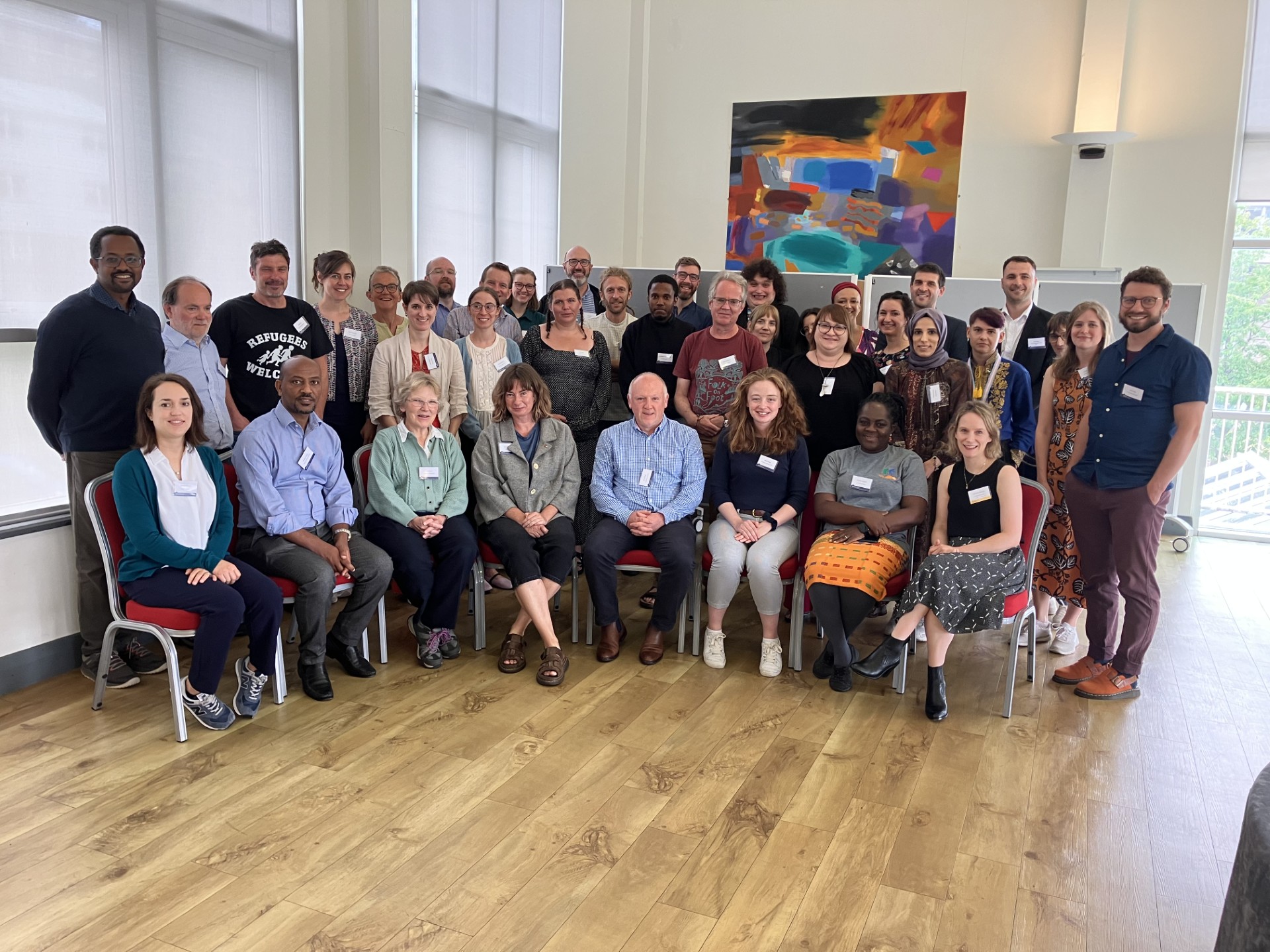
The 4th International Conference on Migration & Mobility took place in Aberystwyth in 8-10th July 2025. The three-day conference brought together scholars from a range of disciplinary perspectives to discuss the latest research in migration and mobilities, featuring 5 sessions showcasing over 30 papers with remarkable topical breadth. The research presented ranged from the experiences of migrants living and working in rural areas to global analyses of climate displacement and transnational labour flows.
The following themes were of particular prominence:
- Mobility, migration, and the climate emergency
- Mobility, migration and (anti-)colonialism
The conference featured three keynote presentations that challenged fundamental assumptions about migration governance and categorisation, pushing critical boundaries in how we understand categories of migration, questions of agency and belonging, and the politics of movement in an era of planetary crisis and shifting geopolitical landscapes.

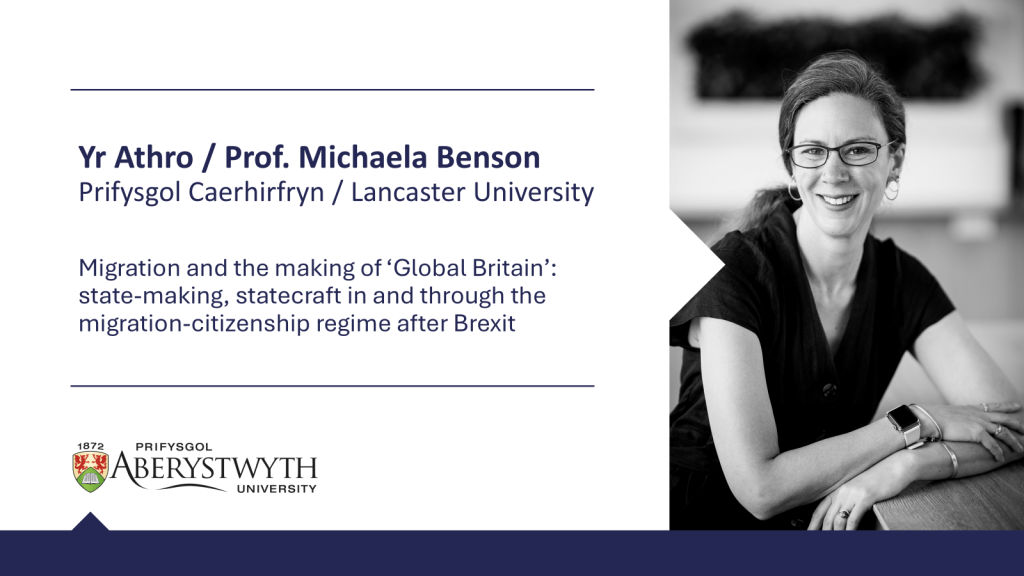
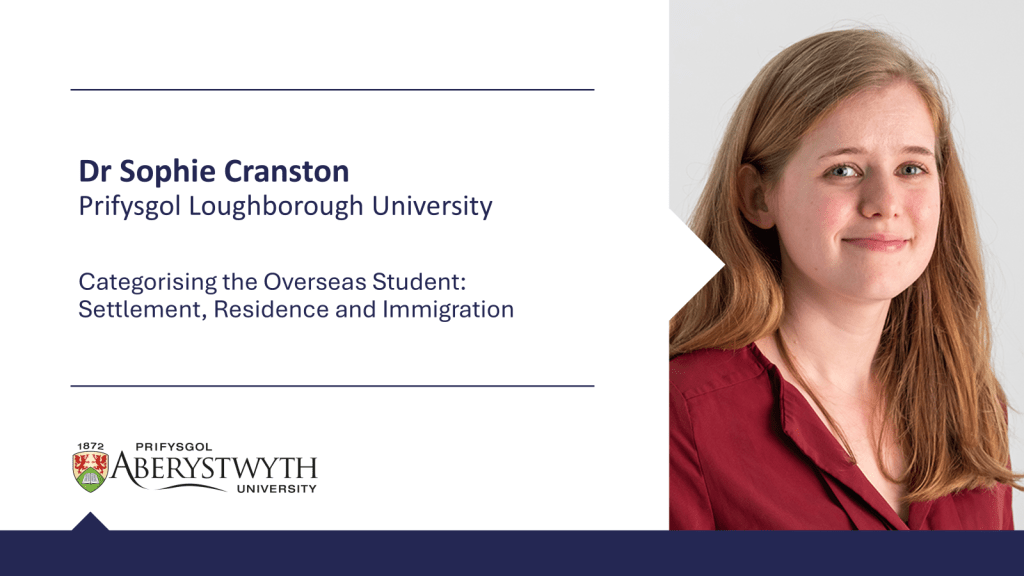
- Tuesday 8 July: Dr Giovanni Bettini “Towards climate nomadism? Displacement, (im)mobilization and escape in the face of planetary crises”
- Wednesday 9 July: Professor Michaela Benson “Migration and the making of ‘Global Britain’: state-making, statecraft in and through the migration-citizenship regime after Brexit”
- Thursday 10 July: Dr Sophie Cranston “Categorising the Overseas Student: Settlement, Residence and Immigration”
Thanks to the local organising committee at Aberystwyth University for their exceptional work in hosting iMigMob 2025, and to the MEDRAS conferences team for their professional support throughout the event. We are also grateful to all session chairs who facilitated engaging discussions, and to all presenters who contributed to making this such a stimulating and thought-provoking gathering. The success of iMigMob 2025 was made possible through the collective efforts of everyone involved.
Conference Programme :
Further information can be found on https://www.aber.ac.uk/en/dges/news/imigmob/.
iMigMob 2022: St Andrews
The 3rd International Conference on Migration and Mobilities was hosted by the University of St Andrews, 6-8th July 2022. The conference was orientated around four themes, chosen to reflect key contemporary conceptual and policy concerns: internal migration and urban change; forced migration and bordering; visualising mobilities; and European migration in turbulent politic.
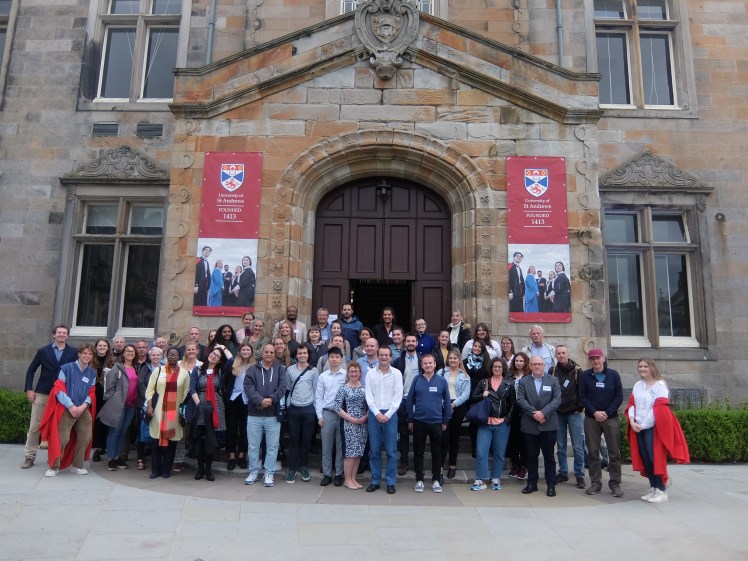
The conference saw over 70 papers and four keynote lectures that encouraged discussion on how the Covid-19 pandemic may have shifted local geographies through new patterns of (internal) migration; how ontological security is a valuable concept for analysing the securitization of human mobility in and at Europe’s edge; the value and challenges of using consumer data to understand and communicate population change; and lived experience of the asylum appeals system and how this might be more just. The conference was vibrant with a strong sense of joy at once again engaging in-person. Thanks to the School of Geography & Sustainable Development and to CPC Connecting Generations for sponsorship to support keynote and early career participation and the drinks reception; and to those who presented, chaired sessions and helped make iMigMob2022 an enjoyable and stimulating gathering.
Population Geography Research Group iMigMob bursary 2022
The population geography research group offered bursaries to support early career and postgraduate researchers’ attendance at the IMigMob conference. The bursaries were awarded to Julie Formentin (Research Fellow at Gustave Eiffel University, France) and Filip Nemecak (DPhil student, University of Oxford)
They have reflected on the conference, its themes and contributions to population geography in their upcoming blogs.
Conference materials
Gallery



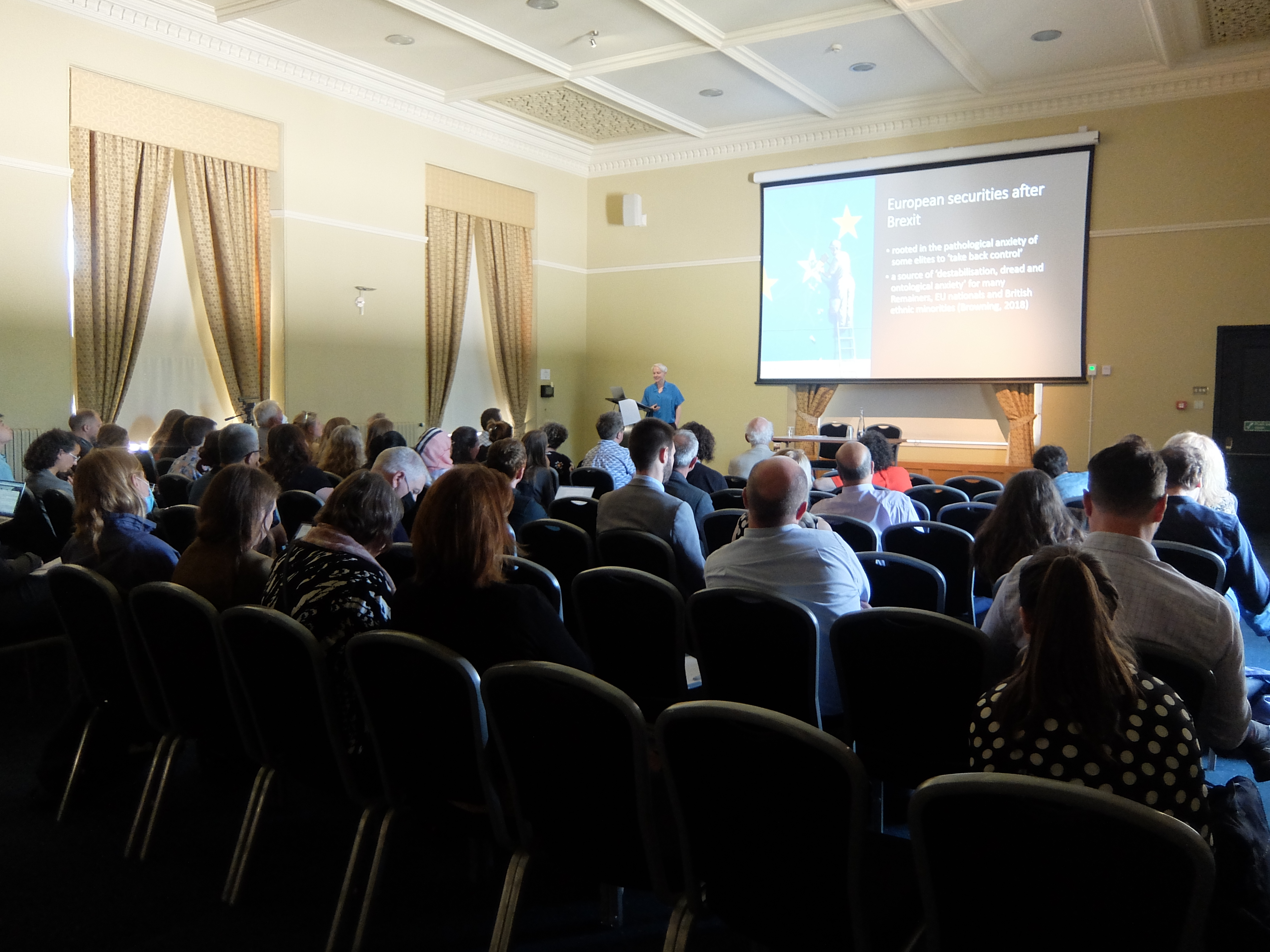




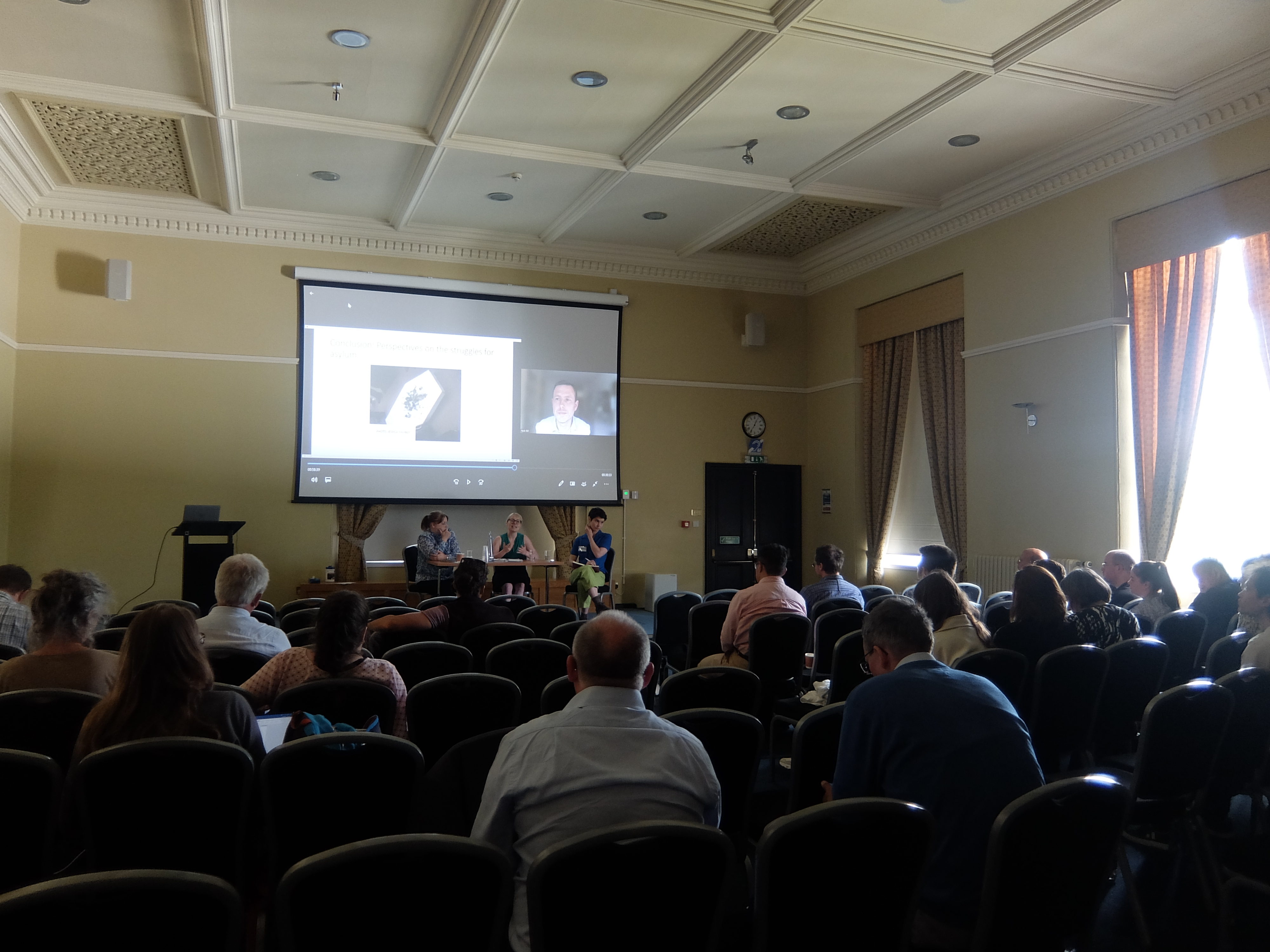
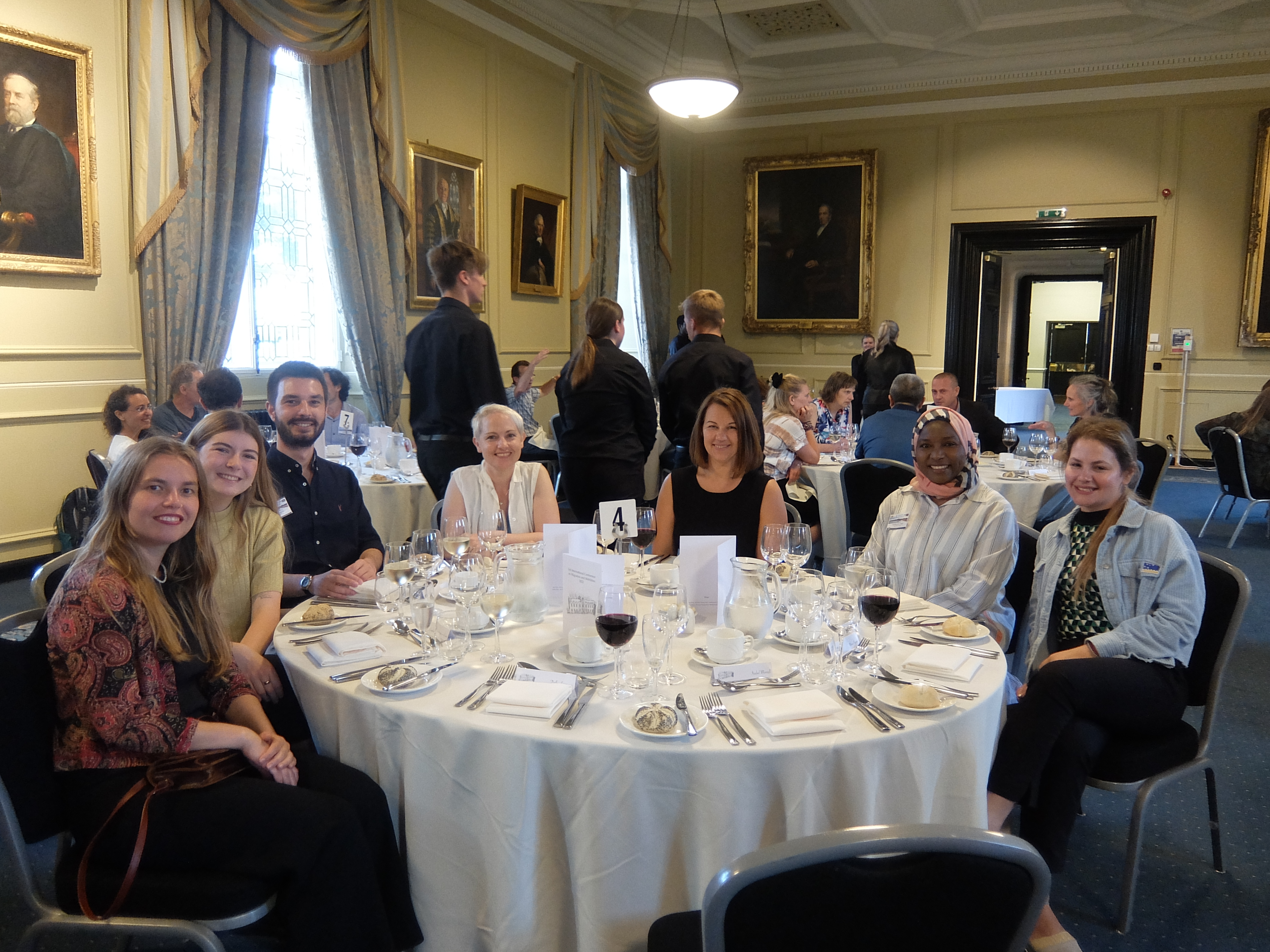
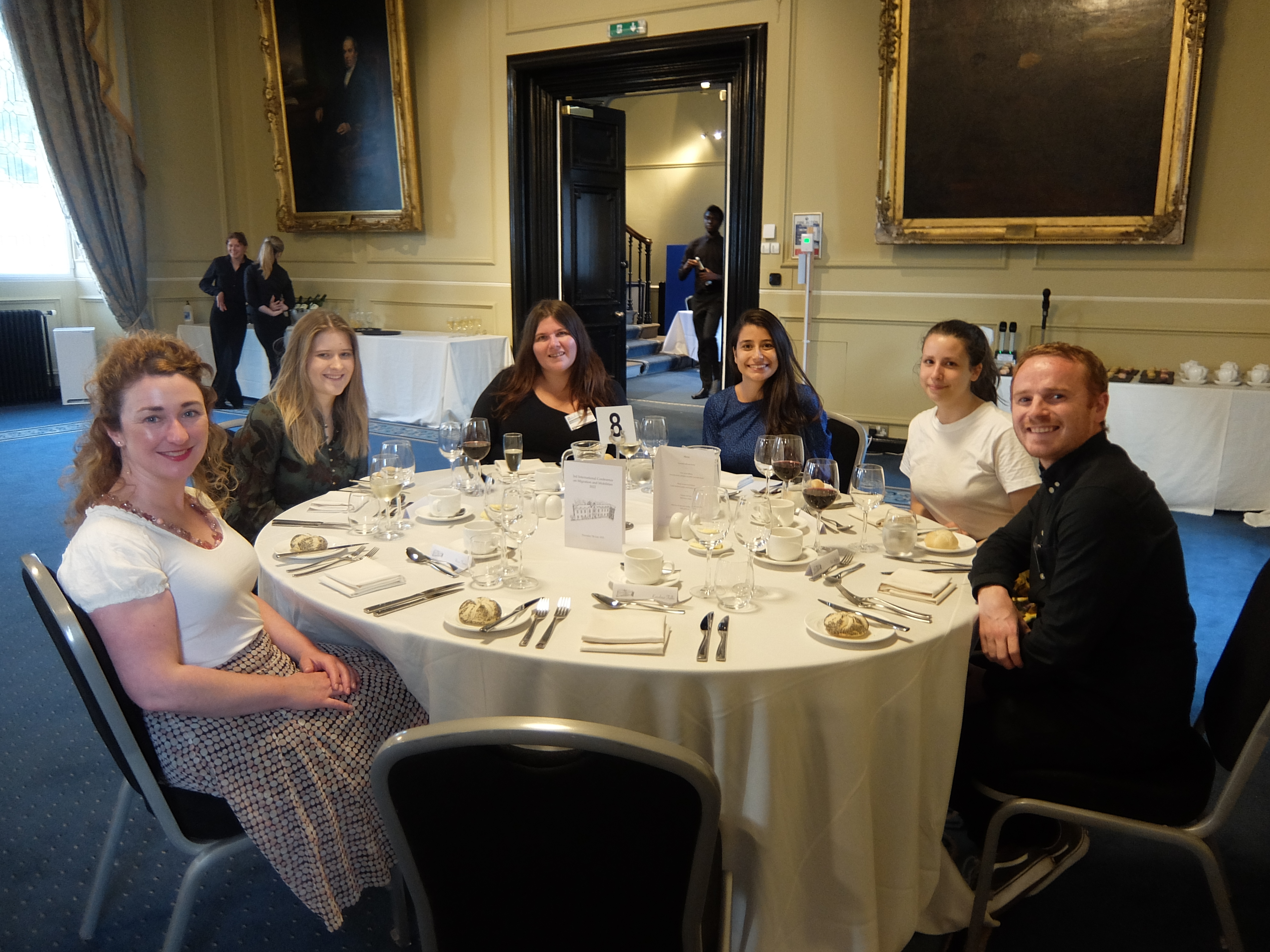


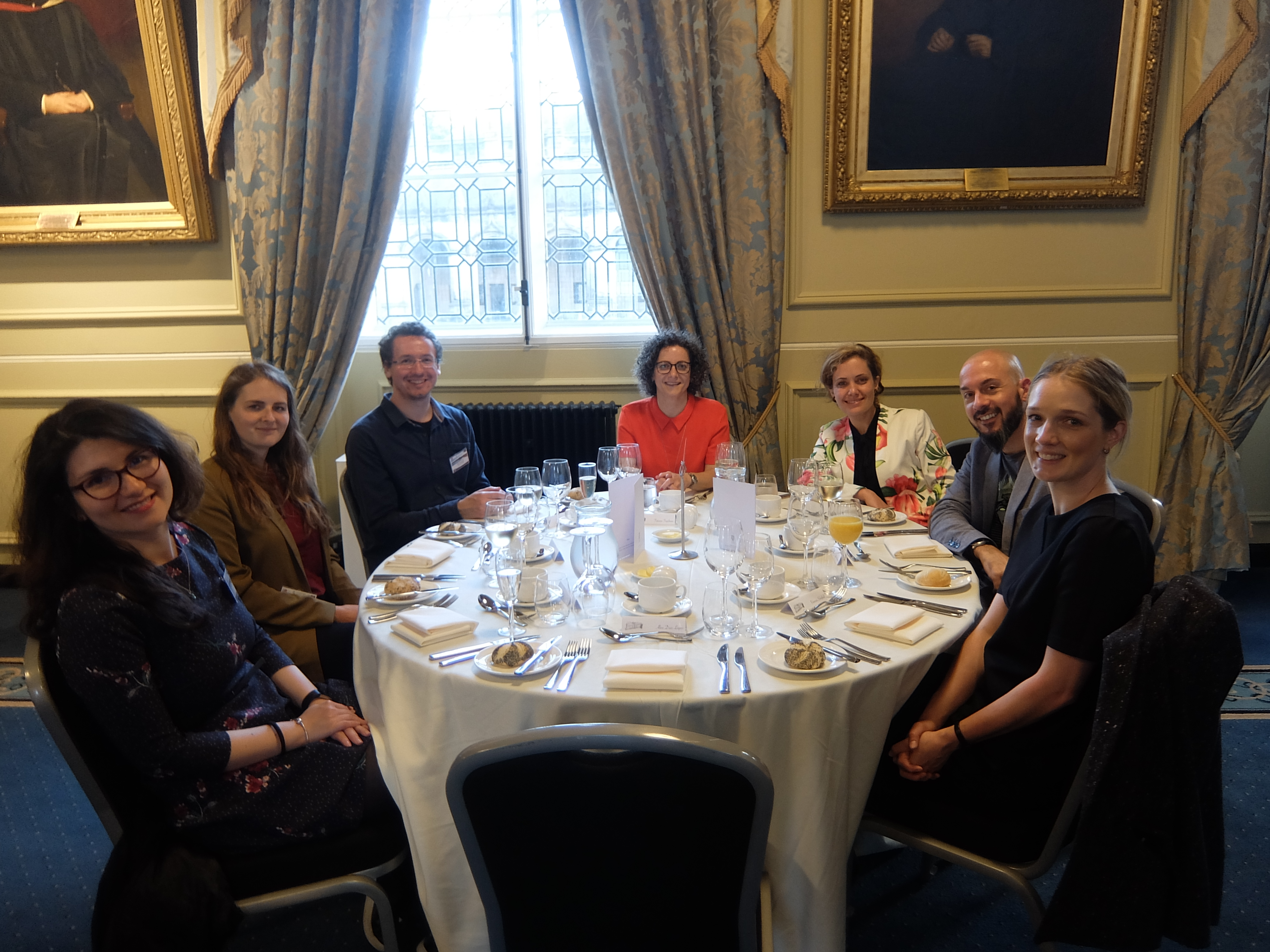



iMigMob 2018: University of Plymouth
Conference abstract
Discussions of migration and mobilities feature prominently in our everyday lives. The often competing discourses debated by politicians and the media regarding the movement of people, of products and services, of resources and pollution, of ideas and beliefs have greatly influenced the ways in which people consider and contest notions of distance, proximity, territory and belonging and the (in)equitability involved in this. Within the academy, the rapidly changing shape of the world in terms of governance, finance, resources, war, terrorism etc. has encouraged migration and mobilities experts to challenge the theories and concepts we employ to explore, interpret and evaluate movement at a range of spatial and temporal scales to respond to a myriad of societal changes.
The first International Migration and Mobilities conference at Loughborough University in July 2016 successfully created a space through which these patterns and processes of migration and mobilities could be interrogated by drawing together scholars from across both fields to cultivate and share new ideas. Through the second conference in this series we build upon these themes and seek to draw these fields even closer to explore more critically how the intersections between migration and mobilities might contribute towards new understandings of contemporary societal debates through an interdisciplinary lens.
This two-day conference will be broadly organised around the themes of:
- Theoretical and conceptual understandings of / interconnections between migration and mobility studies;
- Methodological approaches for researching migration and mobilities;
- Scales of migration and mobilities and the impact upon borders and boundaries;
- Experiencing migration and mobilities through embodied performances – of ‘being mobile’;
- The politicization of migration and mobilities that (de)enable / (dis)empower;
- The role of intersectionality in migration and mobility that might affect the ability to move equitably (e.g. age, gender, class, religion, sexuality, ethnicity race etc.);
- The role of community and belonging in critiquing the categorisations associated with migration and mobilities (e.g. Diaspora, (home)lands, (dis)connections and the search for belonging);
- The role of structural actors in shaping and managing migration and mobilities (e.g. governments, cities, institutions, industries, agencies etc.).
iMigMob 2016: University of Loughborough
Conference abstract
In the ‘age of migration’, where migration and mobilities are prominent daily and emotive topics on the radar of media, politicians, and wider populations, debating the processes and patterns of sub-national and international movements are imperative. Yet, a dedicated international conference on these ‘geographies’ of migration and mobility is currently lacking, and opportunities to debate the spatialities of migration and mobility are limited. Understandings can be enriched by bringing together scholars, whose work deepens knowledge of the movement of people across space, as migration (e.g. Castles, Champion, Cooke, Ellis, King, Wright) or mobility (e.g. Adey, Bissell, Cresswell, Merriman) unfolds within and across neighbourhoods, local, regional, national, continental boundaries and borders. In proposing this new conference, our aim is to cultivate and share different disciplinary perspectives of migration and mobilities, and to firmly fix the spotlight on the intersections between population and demographic research and the wider social science tradition of work on mobilities.
The conference will be organised on the broad themes of:
- Theory: The (dis)connections between migration and mobility, i.e. the differences and similarities in theorising migration and mobility.
- Methodology: How do we research migration/mobility?
- Scale: Situating migration/mobility at, and across, a variety of scales including the local, nation, global and internal/international boundaries.
- Embodiment: Migration/mobility as sensory experiences; migration and mobility as performative, in-the-making, rhythmic, on the move.
- Politics: the politicization of migration/mobilities; migration/mobilities as enabling/empowering.
- Social differences? The role that factors such as time, place, gender, class, religion, play in migration and mobility and how they intersect.
- Communities: Dissecting/unravelling groups and categories of migration/mobility; Diaspora, (home)lands, (dis)connections and the search for belonging.
- Management: Actors (cities, states, agencies, traffickers, industries) involved in the management of migration/mobilities.
